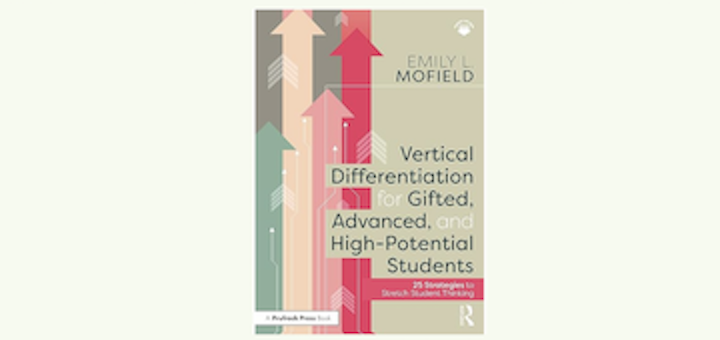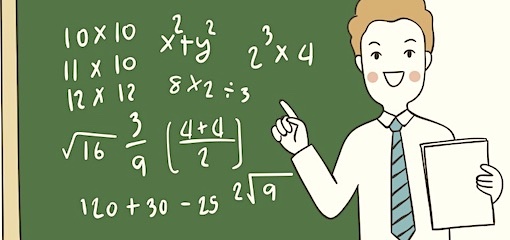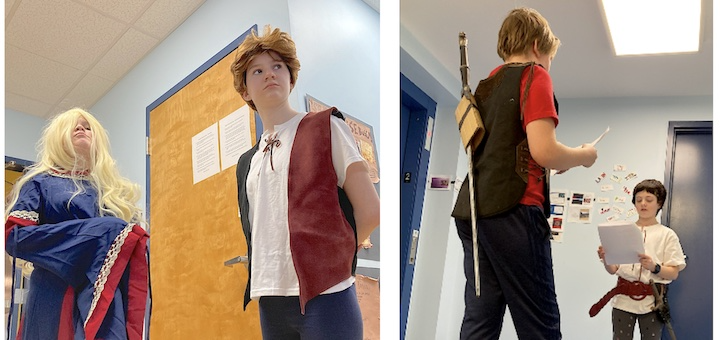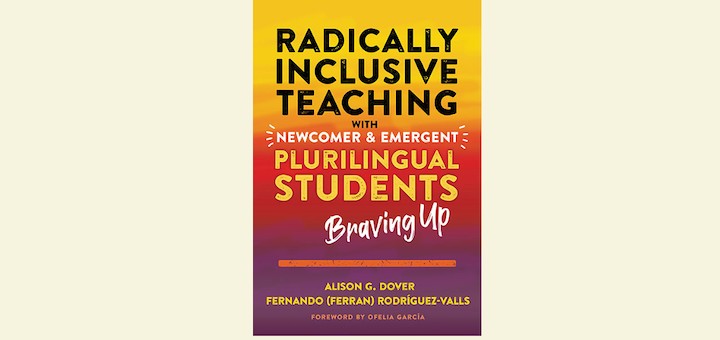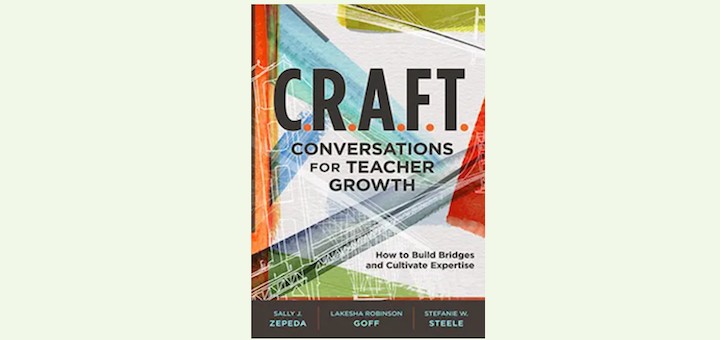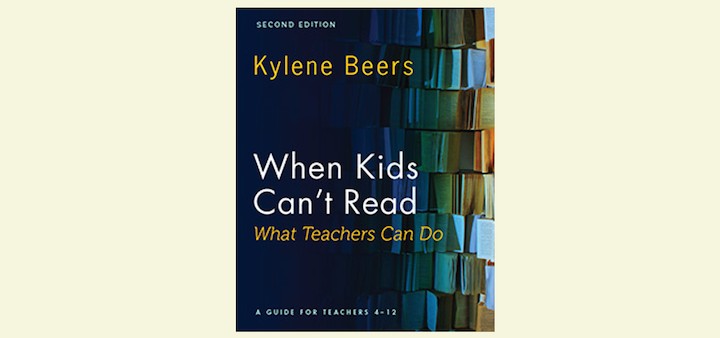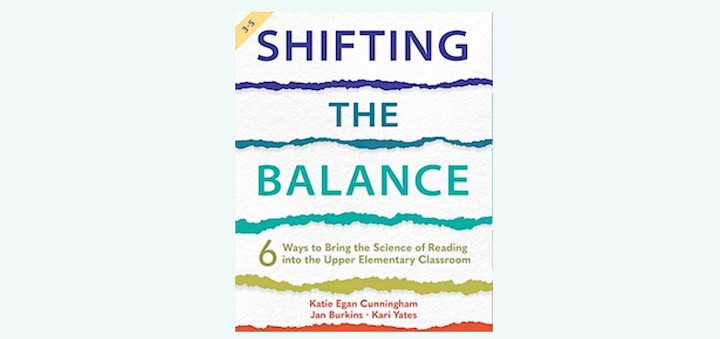Brain Breaks Relieve Stress & Boost Learning
Brain breaks are simple transitional physical and mental exercises to prevent learning fatigue, refocus the attention of the class, and keep students energized and receptive to learning. Curtis Chandler shares 24 break ideas to ease stress and help kids connect with each other.


